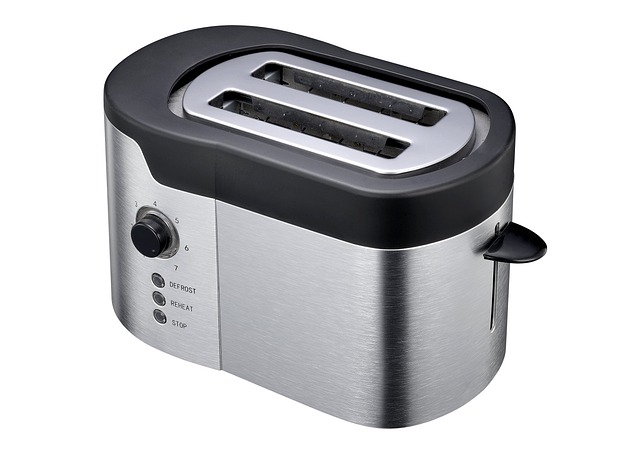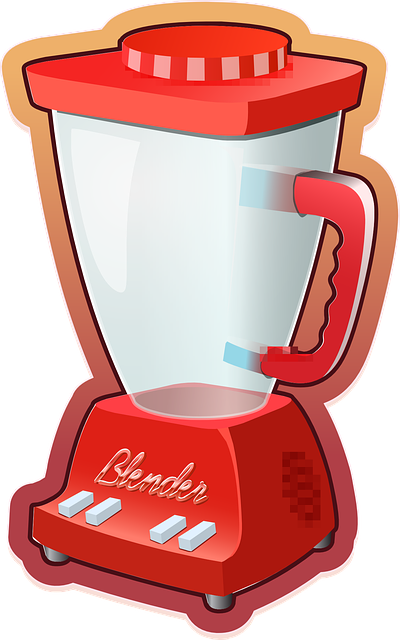Regular maintenance is key to preserving the performance and extending the lifespan of your major appliances. By performing routine checks and cleaning tasks, you can catch and address minor issues before they escalate, saving you from costly repairs later on. For instance, clearing dust from refrigerator coils ensures optimal cooling and energy efficiency. Ensuring proper water flow and drainage in dishwashers, along with regular filter cleaning, is crucial for their function. Washing machines require attention to detergent balance, drum maintenance, and hose inspections to prevent leaks or wear. Safety must be prioritized with dryers by regularly cleaning the lint filter to reduce fire risks and improve drying efficiency. Ovens and ranges need consistent cleaning to maintain performance and safety standards. Adhering to these maintenance practices not only safeguards your appliances but also protects your home, ensuring that your major appliances are in top working condition whenever needed. For the best care for each appliance, always consult the user manual for specific maintenance guidelines.
When it comes to ensuring your major appliances operate at their peak, a blend of proactive maintenance and informed usage is key. This article delves into comprehensive strategies for maintaining your appliances, from routine checks to understanding warranty options, leveraging professional expertise, and embracing energy-efficient practices. We’ll guide you through identifying vital components to monitor, performing DIY cleaning and tightening, and interpreting your appliance manuals for optimal performance. Stay ahead of issues by learning the latest technologies and updates in major appliances, ensuring proper ventilation, water supply, and safeguarding against environmental factors. With these tips, your appliances will remain reliable companions in your daily life.
- Regular Maintenance Routines for Your Major Appliances
- Troubleshooting Common Issues in Major Appliances
Regular Maintenance Routines for Your Major Appliances

Regular maintenance is key to ensuring your major appliances operate at peak efficiency and have a longer lifespan. Establishing routine checks and cleaning for each appliance can prevent minor issues from escalating into costly repairs. For instance, refrigerators benefit significantly from regular dusting of the coils, which enhances energy efficiency and cooling performance. Dishwashers should be inspected for proper water flow and drainage, with filters cleaned to remove food debris that could impede operation. Washing machines also require attention; maintaining the right balance of laundry detergent, cleaning the drum, and checking hoses for leaks or wear are crucial tasks. Dryers need frequent lint removal from the filter to prevent fire hazards and ensure clothes dry efficiently. Ovens and ranges must be cleaned regularly to remove grease and food residue that can affect performance and safety. By incorporating these maintenance routines into your schedule, you can keep your major appliances running smoothly and reliably for years to come. Remember to consult the user manual for specific maintenance guidelines tailored to each appliance model. Regular upkeep is not only about extending the life of your appliances but also about safeguarding your home and ensuring that these essential tools serve you well when you need them most.
Troubleshooting Common Issues in Major Appliances

Regular maintenance is key to ensuring your major appliances operate at peak performance, but even with proper care, issues can arise. Troubleshooting common problems in these appliances is a skill that can save you time and money by preventing minor issues from escalating into major repairs. For instance, if your refrigerator is not cooling effectively, start by checking the condenser coils for dust accumulation. Cleaning these coils can restore efficient operation. Similarly, dishwashers may stop draining due to a clogged filter or a malfunctioning valve. Inspecting and cleaning the filter regularly can mitigate this issue, while testing and replacing the valve if necessary can resolve it entirely.
Washing machines often present with either a failure to drain or an excess of vibration during operation. A washing machine that won’t drain may have a blocked pump or a problematic drain hose. Clearing the blockage and ensuring the hose is properly attached can restore function. Excessive vibration might indicate that the machine needs releveling, or the shock absorbers require replacement to prevent wear and tear on both the washer and the floor. Regardless of the appliance, a proactive approach to troubleshooting common issues with major appliances involves understanding their basic functions and regularly inspecting for signs of wear, leakage, or abnormal behavior. Addressing these problems early can maintain the longevity and performance of your major appliances.
In maintaining your major appliances, consistency is key. Regular maintenance routines can extend their lifespan and ensure optimal performance. By staying proactive with troubleshooting common issues as they arise, you not only save time but also money in the long run. Remember to refer to the user manuals for specific care instructions and consider professional servicing for complex repairs. With these practices, your appliances can serve you reliably for years to come. Regular upkeep is a small investment that guarantees the longevity and efficiency of your major appliances, making day-to-day tasks smoother and more manageable.
